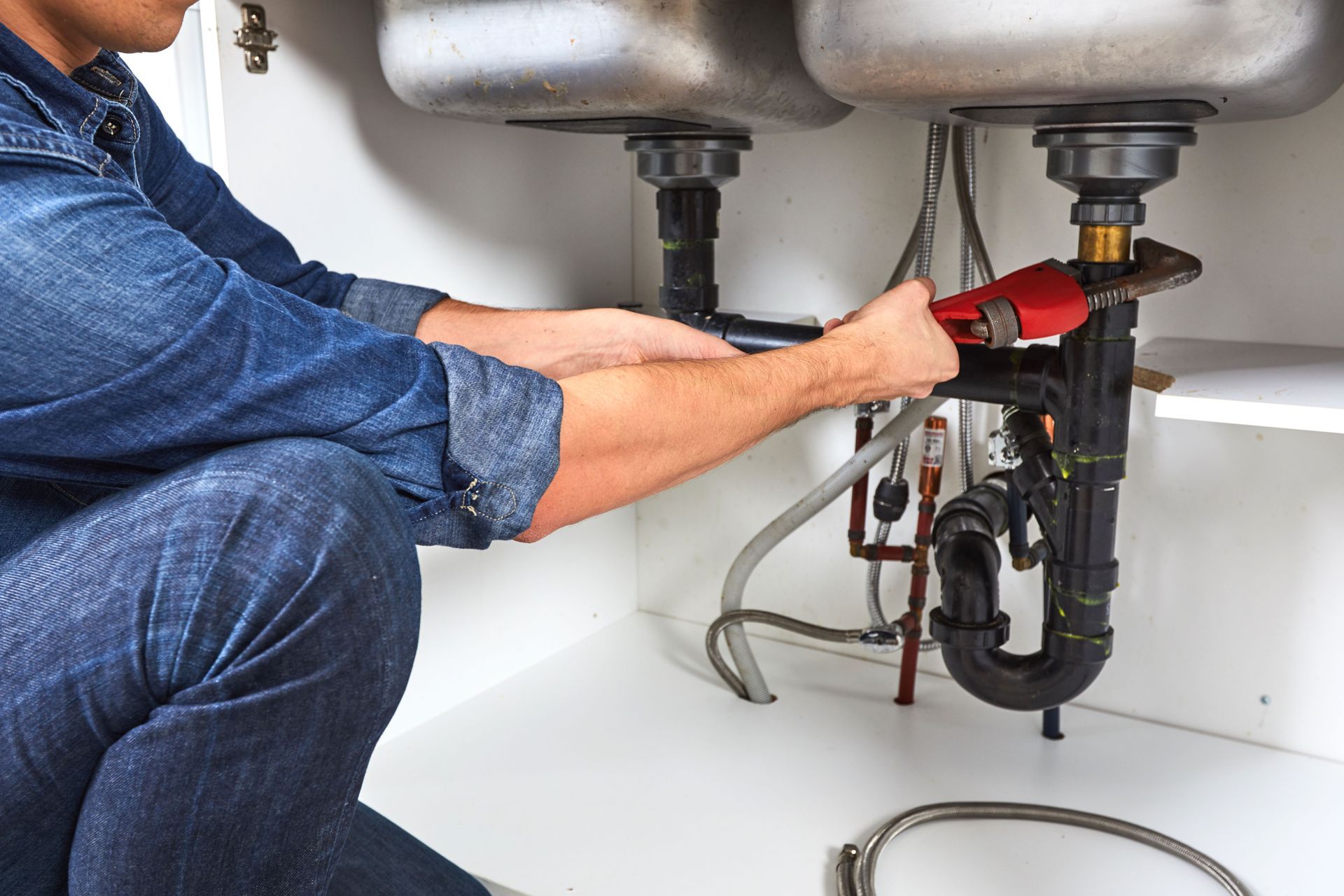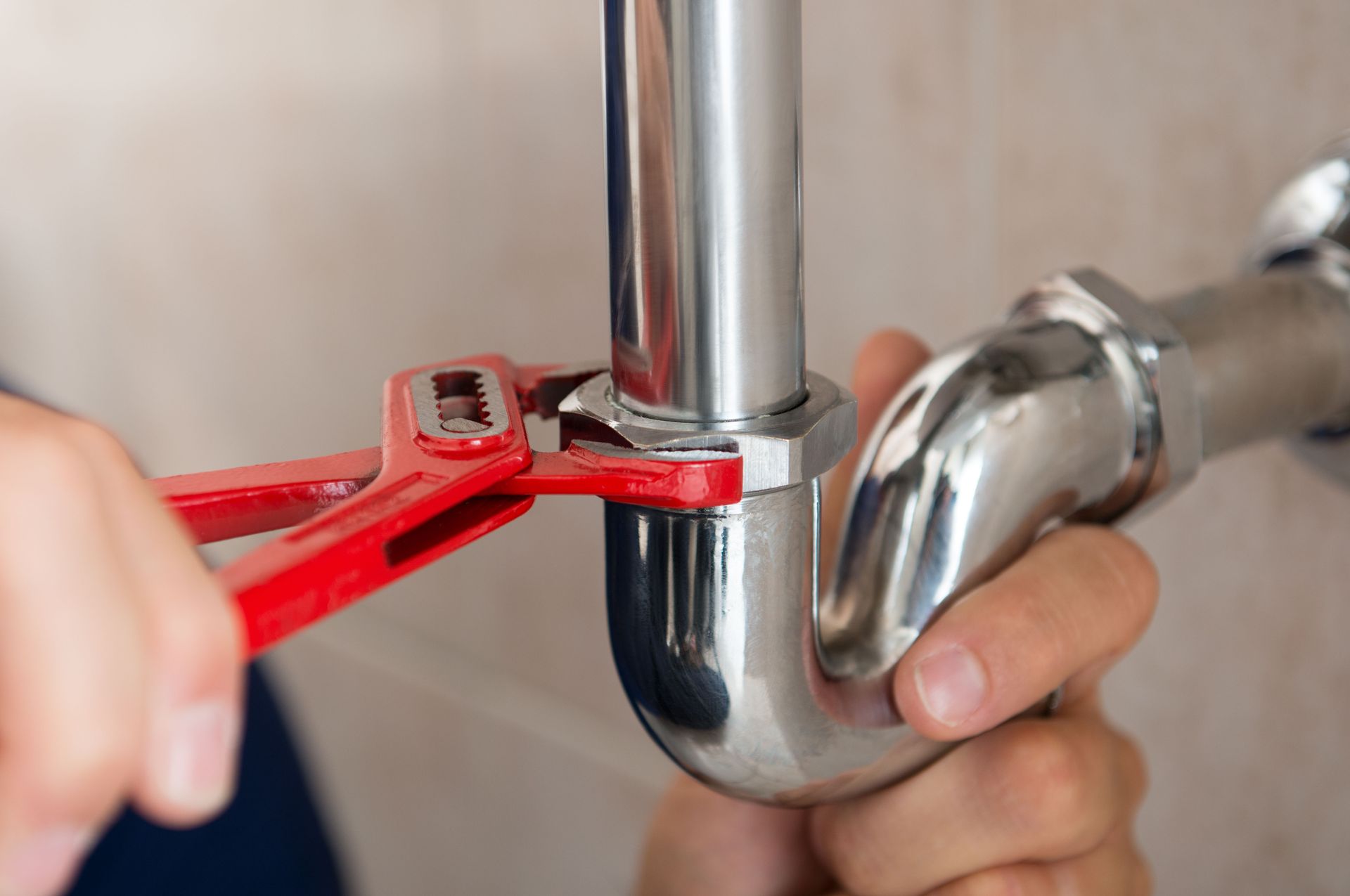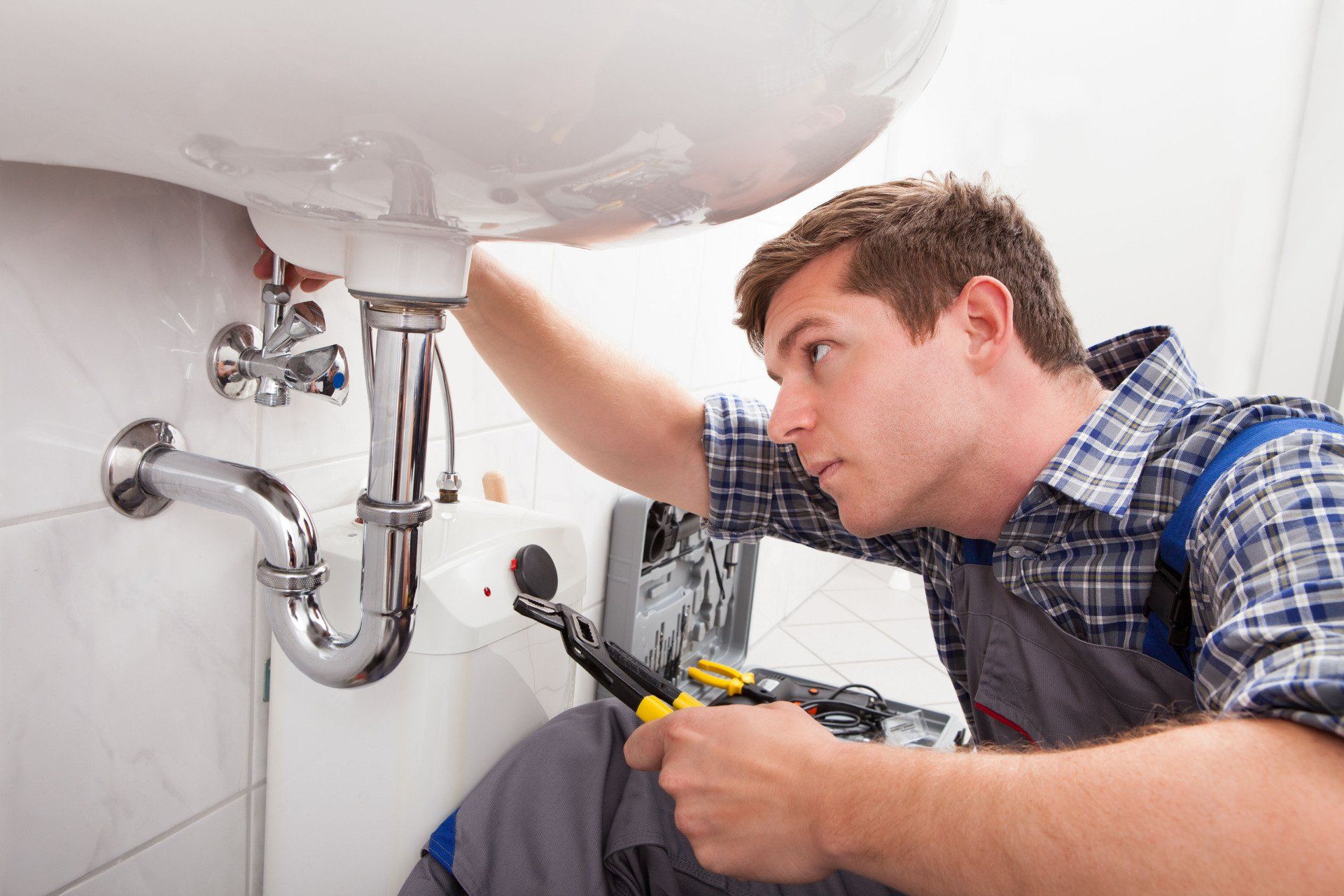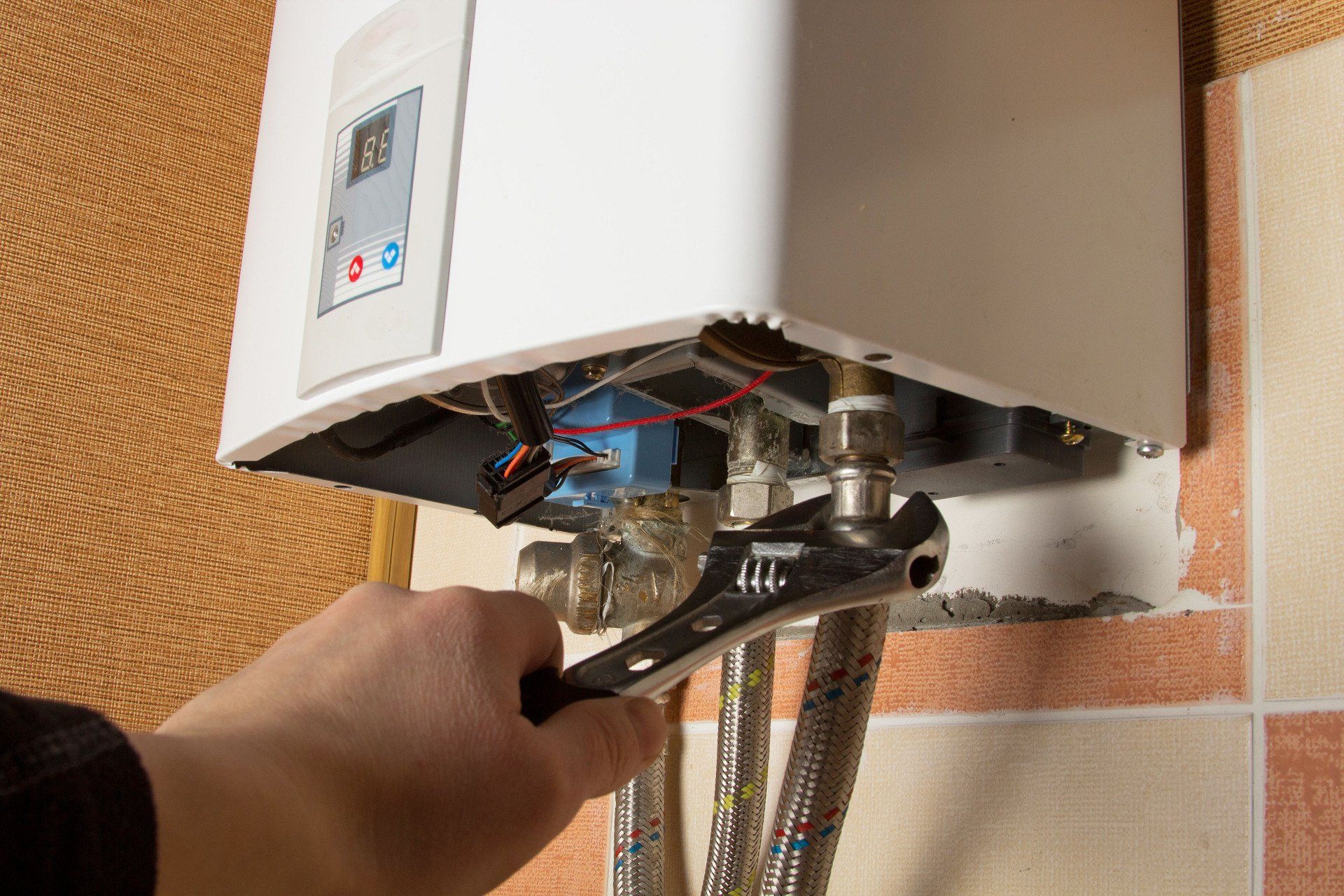When to Call a Plumber When You Have a Leak
It's a little ironic that plumbing is one of the most important services in our lives but also one of the easiest to ignore. It seems like you can go months without even noticing if your pipes are making small noises or there's a leak somewhere in your home. You might not notice until it's too late and you have an all-out flood on your hands! This article will give you some tips on avoiding a disaster by knowing when to call a plumber.
1. Your Pipes Are Making Strange Noises
Even if you're not sure that the noise is related to a leak, it's always a good idea to have a plumber come out and check your pipes. It could be as simple as a cracked pipe joint, causing water to pool near your home. It could also be more serious - something that could lead to a costly repair down the line if left untreated.
2. You See Water on the Floor
This is an obvious sign that you have a leak, and it's important to address it as soon as possible. Not only is this a safety hazard, but it can also cause damage to your floors and furniture.
3. Your Water Bill Has Increased Suddenly
If your water bill has spiked for no apparent reason, it could be a sign that you have a leak. Check around your home for any areas where water might be accumulating, and then call a plumber to take a look.
4. Your Showerhead / Faucet / Toilet Is Dripping
A leaky showerhead or faucet can be an expensive surprise, especially if you let it go for a while before taking action. Even a drippy toilet can run up your water bill, not to mention the damage it could cause to your floors if left unaddressed for too long. According to the EPA, a showerhead that leaks at 10 drops per minute wastes more than 500 gallons each year.
5. A Pipe in Your Home Has Burst
This is obviously the worst-case scenario, but it's important to address it immediately. First, turn off the water at the source of the leak (usually a valve that you can find near where your pipes are located). Then call a plumber immediately since there could be further damage if the leak isn't fixed right away.
Only Work with Reliable Plumbers
Knowing when to call plumbers can save you a lot of time, money, and hassle down the road. If you ever experience a plumbing emergency, don't hesitate to give us a call. Our plumbers are here to help.







Share On: